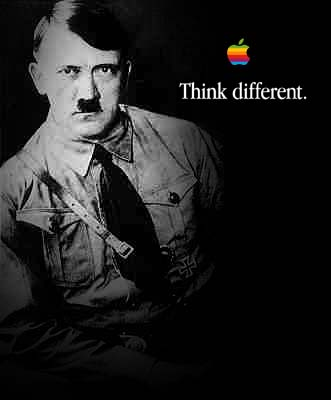This mindset started to change, however, when we began reading about Google. At this point, I started to see the hidden flaws in systems that seem too good to be true. Google may have the ability to augment intelligence to an extent in individuals, but it also encourages mental assimilation and creates dull, fact-based individuals. When reading You Are Not a Gadget by Jaron Lanier, this mindset was only further promoted. Technology augments people in negative ways that leave us less human and unable to lead classically fulfilling lives. In addition to this, we become locked into many forms of primitive, obsolete technologies that could be improved upon in many ways. And it was with this mindset that I began thinking about my final.

 What kind of technology could I write about that would allow me to talk about what I think is wrong with technology today? Spotify fit the bill, and I began making my presentation. While typing the paper, however, I underwent another change of heart in relation to technology. Although a lot of the technology we use today is underwhelming and superfluous, that does not mean that personal technology in general is bad for humanity. What it means is technology we have today can be used, in moderation, to organize certain things in our life. iTunes helps us organize large amounts of music, but it can become an obsession. Facebook helps us keep track of our friends, but it can become an addiction. Texting is efficient, but can consume a lot of time. What we see in every scenario is the same: moderation is the key.
What kind of technology could I write about that would allow me to talk about what I think is wrong with technology today? Spotify fit the bill, and I began making my presentation. While typing the paper, however, I underwent another change of heart in relation to technology. Although a lot of the technology we use today is underwhelming and superfluous, that does not mean that personal technology in general is bad for humanity. What it means is technology we have today can be used, in moderation, to organize certain things in our life. iTunes helps us organize large amounts of music, but it can become an obsession. Facebook helps us keep track of our friends, but it can become an addiction. Texting is efficient, but can consume a lot of time. What we see in every scenario is the same: moderation is the key. We should also consider how we are becoming locked-in to certain technologies, and make a conscious effort to improve the foundations that are being built upon today. Spotify presents an excellent opportunity to practice this process of technological paradigm shifts, but many are needed if we expect to continually expand our technological base. If we continue to build upon unsteady locked-in foundations, we can expect to plateau technologically sometime in the future.
We should also consider how we are becoming locked-in to certain technologies, and make a conscious effort to improve the foundations that are being built upon today. Spotify presents an excellent opportunity to practice this process of technological paradigm shifts, but many are needed if we expect to continually expand our technological base. If we continue to build upon unsteady locked-in foundations, we can expect to plateau technologically sometime in the future.So in the end, my overall view of technology has run a complete cycle. Initially, I viewed it moderately, then very liberally, then very conservatively. Finally, I'm back to viewing it moderately, but I have a much better understanding of both sides of the argument. The base of knowledge I acquired in this class will help me manage the technologies I use in my daily life, and make sure they don't start managing me.














